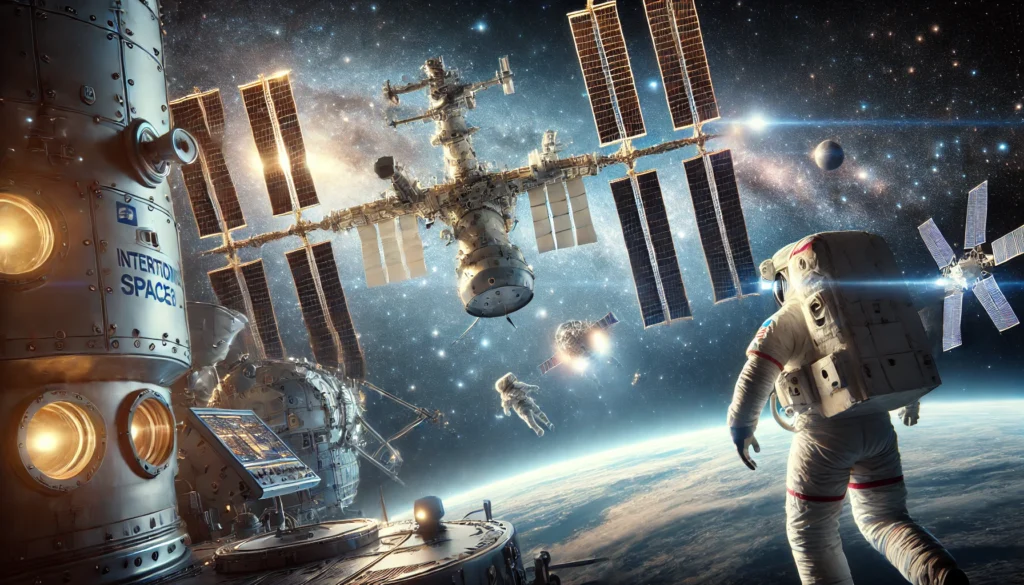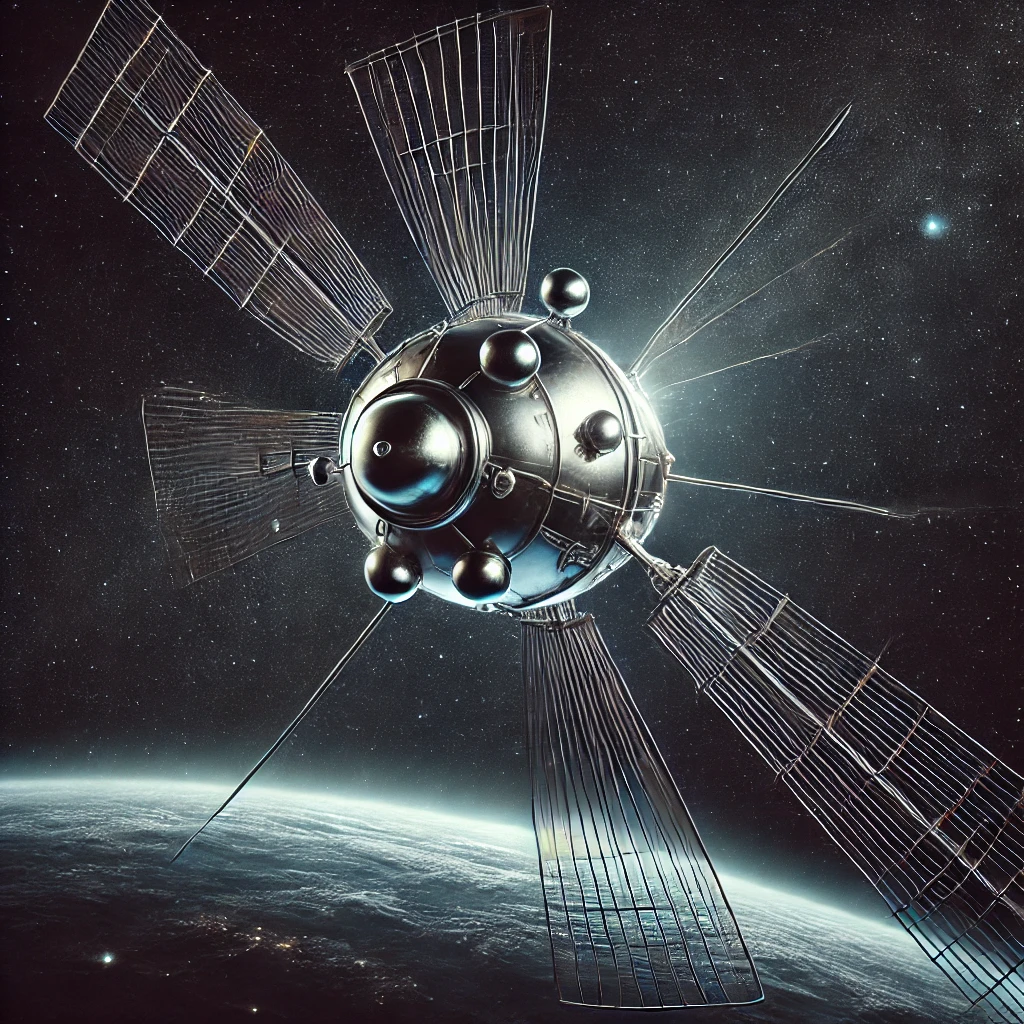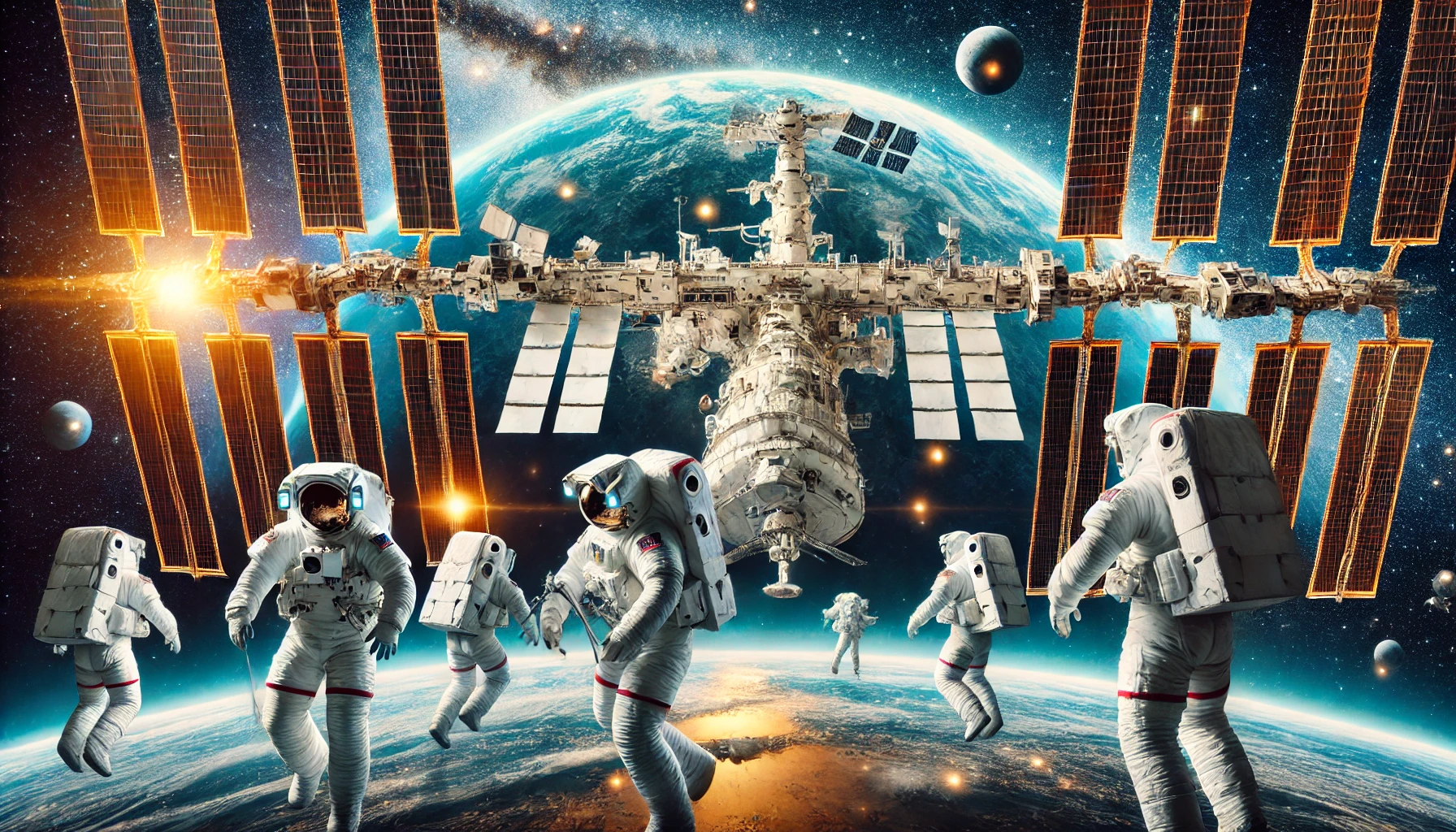How important is space exploration? This question has always captivated humanity’s imagination. Human space exploration plays a crucial role in advancing technology, scientific knowledge, and international cooperation. Let’s delve into the significance of space exploration and understand its far-reaching impacts.
Contents
Technological Innovations
Space missions have led to groundbreaking technological advancements that have found applications in our daily lives. Technologies developed for space exploration, such as solar panels, water purification systems, and medical imaging devices, have been adapted for everyday use, improving our quality of life. For example, the advancements in satellite technology have revolutionized worldwide communication, enabling global connectivity and data transmission.
Here are some examples of how space exploration has led to technological innovations:
- Solar Panels: Originally developed to power spacecraft, solar panels are now widely used to generate renewable energy on Earth.
- Water Purification Systems: Technology designed for the International Space Station (ISS) to recycle water is now used to provide clean drinking water in remote areas.
- Medical Imaging Devices: Techniques developed for space missions have improved imaging devices, aiding in early disease detection and treatment.
How has Space Exploration Benefited World-Wide Communication?
The advancements in satellite technology due to space exploration have had a profound impact on global communication. Satellites launched into space have revolutionized how we connect, share information, and access data worldwide.
- Global Connectivity: Communication satellites enable instant global communication, allowing people to connect across continents in real-time.
- Data Transmission: Satellites facilitate the transmission of vast amounts of data, supporting internet services, television broadcasts, and GPS systems.
- Disaster Management: Satellite communication systems provide crucial information during natural disasters, aiding in rescue and relief operations by maintaining communication networks when terrestrial systems fail.
Scientific Knowledge
Research conducted in space has greatly enhanced our understanding of biology, physics, and the universe. The data collected from space missions has led to numerous scientific breakthroughs, such as the understanding of planetary geology, the origins of the universe, and the conditions necessary for life. These discoveries not only satiate human curiosity but also provide critical insights that can help address challenges on Earth.
Some key scientific achievements from space exploration include:
- Planetary Geology: Studying the surfaces and compositions of other planets helps scientists understand Earth’s geological history.
- Origins of the Universe: Observations of cosmic background radiation and distant galaxies provide insights into the Big Bang and the universe’s evolution.
- Astrobiology: Investigating extreme environments on other planets informs the search for extraterrestrial life and the limits of life on Earth.
International Cooperation
The International Space Station (ISS) is a prime example of how space exploration fosters international collaboration. The ISS serves as a hub for scientific research and technological development, bringing together space agencies from around the world. This cooperation promotes peaceful relations among nations and advances global scientific endeavors, demonstrating the importance of working together for the common good.

Benefits of international cooperation in space exploration include:
- Shared Knowledge: Countries pool resources and expertise, leading to more efficient and successful missions.
- Peaceful Relations: Collaborative projects like the ISS foster diplomacy and mutual understanding.
- Global Progress: Joint efforts in space exploration drive scientific and technological advancements that benefit all of humanity.
Economic and Social Benefits
Space exploration drives economic growth by creating new industries and job opportunities. The development of the space sector stimulates technological markets, leading to job creation and economic diversification. Moreover, the pursuit of space exploration inspires future generations to engage in STEM (science, technology, engineering, and mathematics) fields, fostering a culture of innovation and progress.
Key economic and social benefits of space exploration include:
- Job Creation: The space industry generates employment in various sectors, from engineering to research and development.
- Market Stimulation: Investment in space technologies leads to the growth of related industries, such as telecommunications and robotics.
- Educational Inspiration: Space missions inspire students to pursue careers in STEM, ensuring a skilled workforce for the future.
Future Prospects
The future of space exploration holds exciting possibilities, from returning to the Moon with NASA’s Artemis program to potential manned missions to Mars. These endeavors aim to push the boundaries of human knowledge and capabilities, opening new frontiers for exploration and discovery. As we continue to innovate and dream, the future of space exploration promises endless possibilities for scientific and technological advancements.
Some anticipated future missions and goals include:
- Artemis Program: NASA’s initiative to return humans to the Moon and establish a sustainable presence by 2024.
- Mars Missions: Plans for manned missions to Mars by NASA and private companies like SpaceX aim to explore the Red Planet’s potential for human habitation.
- Interstellar Exploration: Concepts like the Breakthrough Starshot initiative envision using light sail technology to send probes to the nearest star systems.
Final Thoughts: How Important is Space Exploration?
“Exploring space is not merely about charting the unknown; it’s about pioneering innovation and fostering global unity to better understand our cosmos and ourselves.”
Human space exploration represents the pinnacle of human ingenuity and the relentless quest for knowledge. As we look to the stars, the milestones and advancements remind us of our potential to achieve the extraordinary. The quest to explore space continues to fascinate and inspire people around the world. This endeavor not only pushes the boundaries of technology and science but also fosters international cooperation and peace. The insights gained from space exploration have profound implications for our understanding of the universe and our place within it. As we continue to innovate and dream, the future of space exploration holds endless possibilities for discovery and progress, inspiring future generations to reach for the stars.





